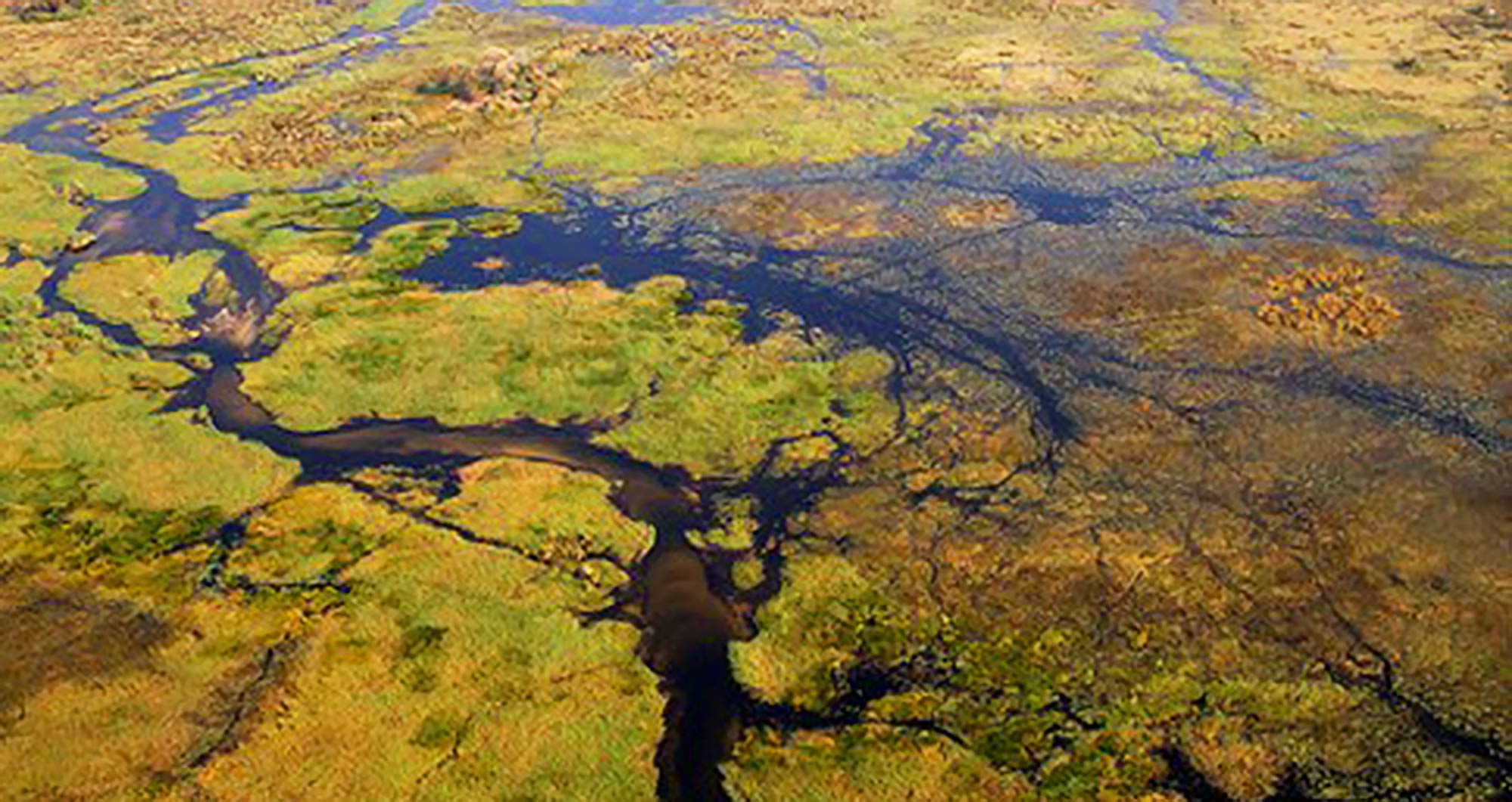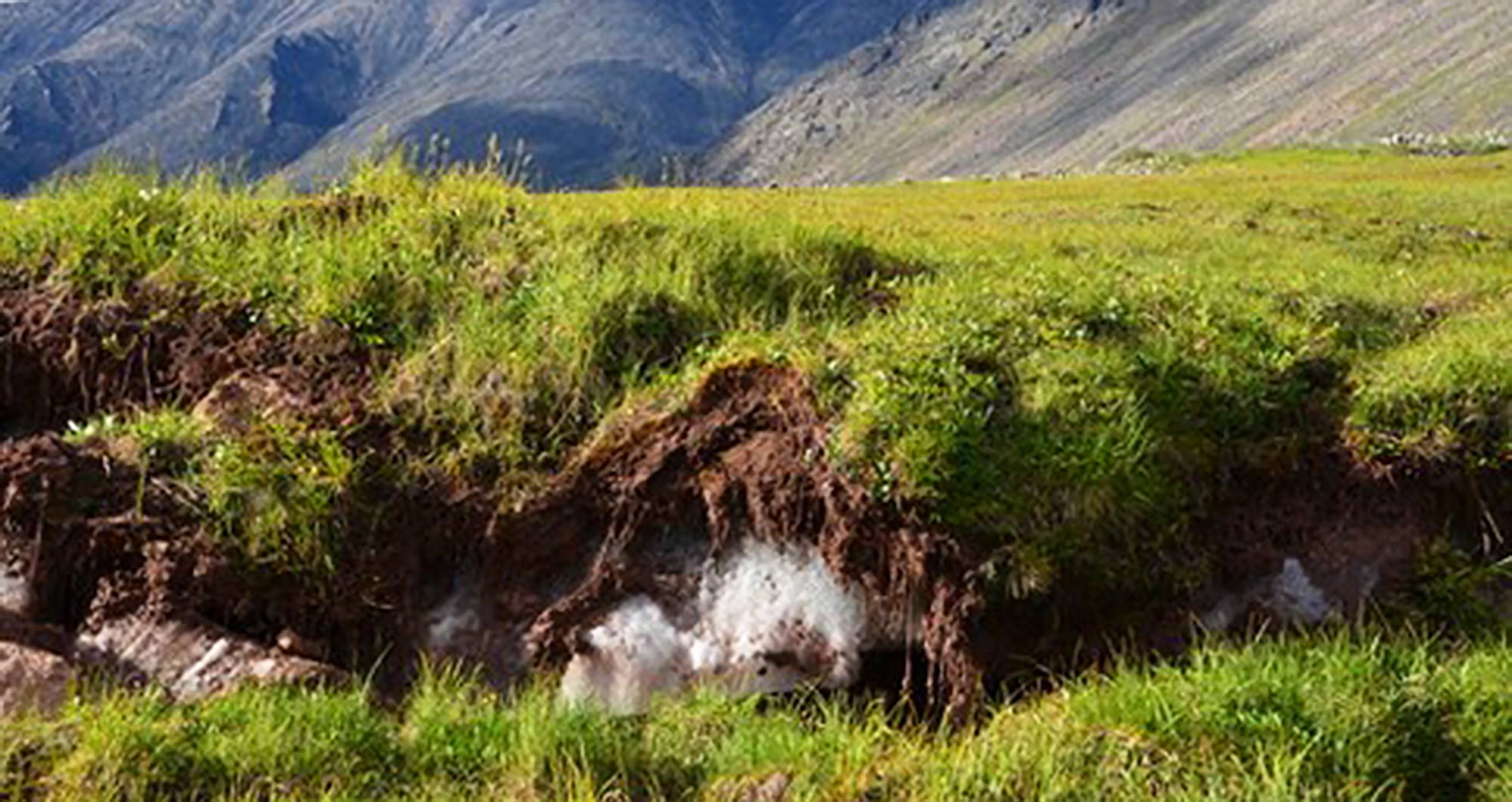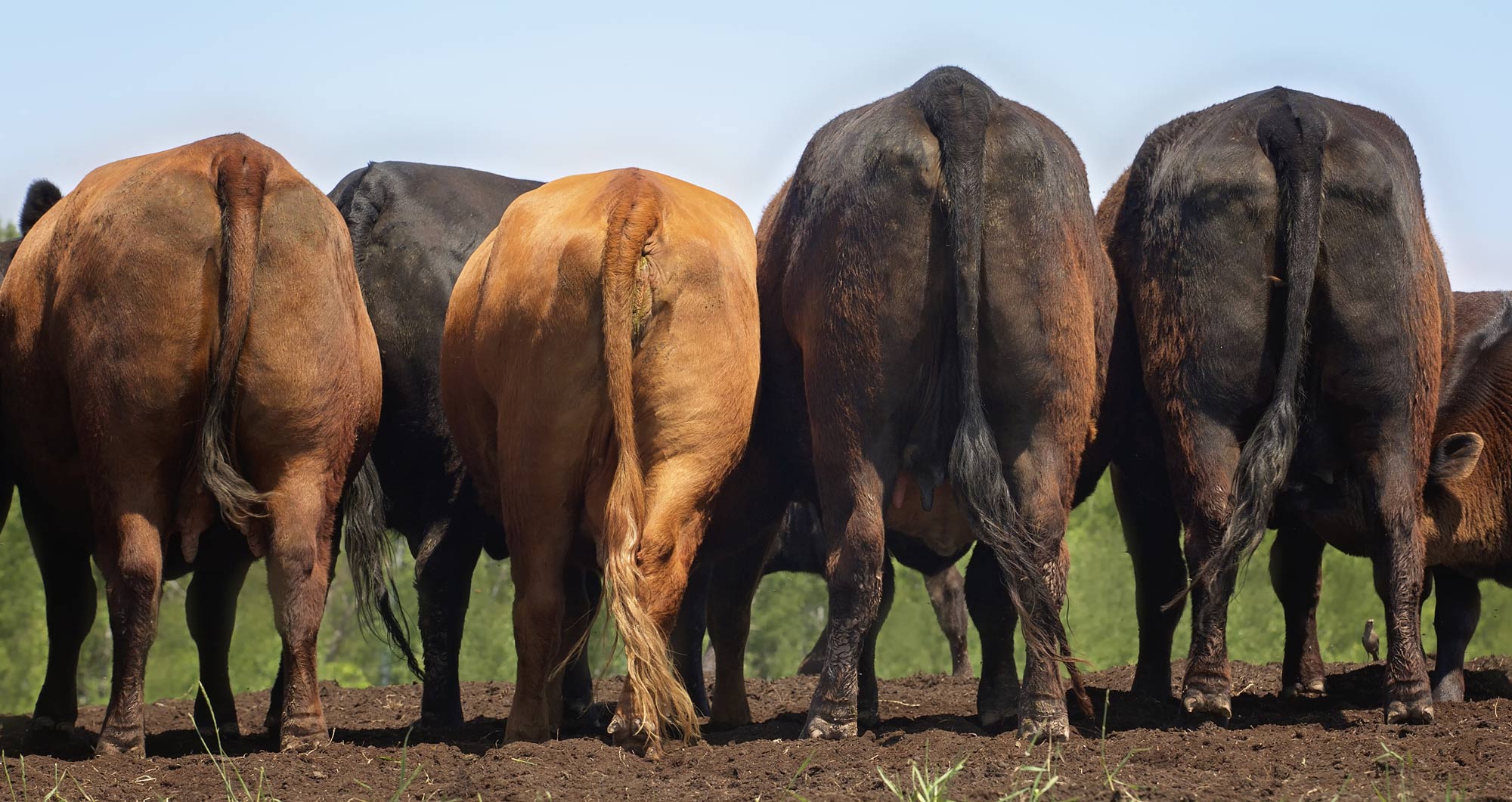Towards Addressing Major Gaps in the Global Methane Budget





The Linde Center for Global Environmental Science at Caltech is hosting a workshop, "Towards Addressing Major Gaps in the Global Methane Budget " at the Keck Center on the campus of the California Institute of Technology in Pasadena, CA on May 22 - May 25, 2017. In addition to this invitation-only workshop, there will be a short course and a lecture - both of which are available to all interested students, researchers and faculty in the Southern California area.
Methane is the second most important long-lived greenhouse gas emitted by humanity, increases tropospheric ozone levels worsening air quality, and is the primary source of water vapor to the stratosphere, yet we still struggle to explain recent changes in the global budget and remain unable to assess whether atmospheric levels are likely to increase in coming years. With this workshop we aim to bring together a diverse group of experts to discuss key knowledge gaps and necessary paths forward to resolve key questions in understanding current and future methane emissions. This workshop will address both natural and anthropogenic sources of methane, and will address recent contradictory assessments of atmospheric trends in recent years. The meeting then aims to summarize current major gaps in understanding and how current/planned and future observations could be used to bridge these gaps.